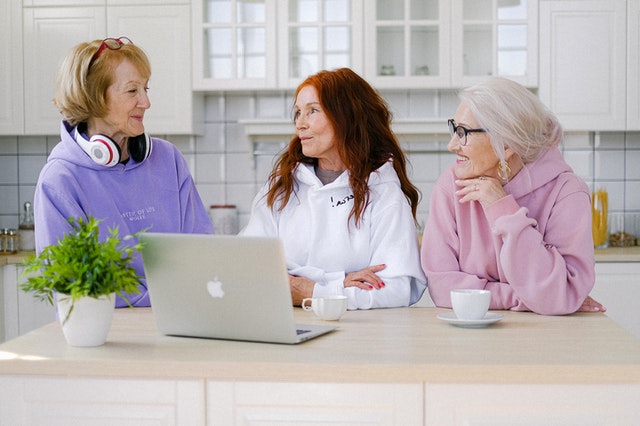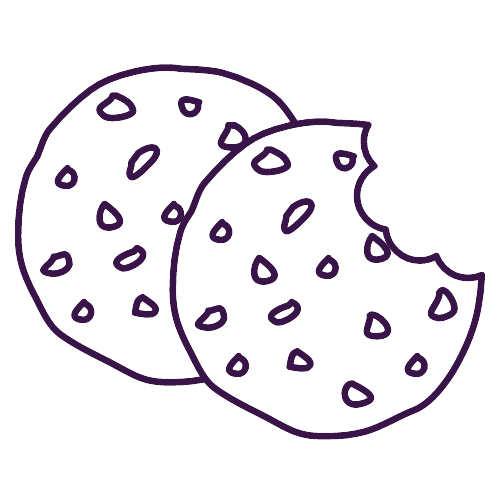
Marie Carthy
Counsellor - Psychotherapist
How Can You Beat January Blues?

The concept of “Blue Monday” appears to have originated in 2005 when Cliff Arnall, a Welsh Psychologist suggested that this day is the saddest day of the year. Apparently, he came up with a formula to calculate this day for Sky Travel, a UK holiday travel company. The company wanted to predict a day with the highest depression factor. This would make people focus on improving their lives and they would be more likely to book holidays to the sun away from the dreary depressing weather associated with “Blue Monday”.

It falls on the third Monday in January each year which is 17th January this year 2022. Despite the fact that there is no scientific research behind “Blue Monday”, it does tend to be a tricky time of the year for most of us. The Christmas festive period is a distant memory, our next pay date is still a while away and bills are still coming through the post. The weather is normally bad with dark mornings and evenings still part of our daily lives. For many of us, our well-intended new year’s resolutions have already been put on hold. We don’t have holidays to look forward to in the near future and finances are probably tight after the festive season.
The world is telling us that Monday, January 17th is going to be a “Blue Monday” but that doesn’t mean we have to be miserable or go along with it. Let’s take a look at some of the things we can do to remain positive and boost our mood on “Blue Monday”…
Spend time outdoors

It is probably cold and dull outside but getting outdoors for some fresh air, maybe a walk in nature is better than staying indoors. You may be able to notice those early signs of the return of brighter days, new shoots on trees or the first daffodils breaking through the ground.
“Brew Monday”
The Samaritans encourage a “Brew Monday” instead of a “Blue Monday” where we reach out to family, friends, colleagues and loved ones over a cuppa tea. This can be done in person or virtually online this year due to Covid 19. The Samaritans offer a telephone support service for people in distress.

Music
Listening to your favourite music may help boost your mood.
Do something nice for someone
When we do something nice for someone else it can lift our mood. It doesn’t have to be a big gesture. It can be something as simple as sending a card or a text to someone who you haven’t been in contact with for a while.
Hobbies / Challenges

It can be a nice idea to think about new hobbies and challenges that you might be interested in doing in the future or maybe an online course you have been meaning to do and haven’t got around to.
Pamper and treat yourself
Life can be tough. We are still in the middle of a global pandemic so why not treat yourself to a nice meal, a pampering bath or curl up on the couch with a good book.

Why is Blue Monday an important day?
Blue Monday reminds us to take a check on our mental health to see if there are any signs that we are feeling down or depressed. It can be a prompt to develop a more caring relationship with ourselves and encourage us to establish some healthier habits. Here are some easy steps we can take to improve our overall well-being, both physical and emotional. Try not to be too hard on yourself but instead focus on the incremental changes that seem manageable. It takes time to build new habits and each small adjustment is an accomplishment in itself. Even the longest journeys start with a step.
Nutrition

When we eat healthy it will have a positive impact on how our body performs. It is really important to eat a well-balanced diet and don’t forget to drink plenty of water.
Exercise
As little as twenty minutes of exercise per day will have a positive impact on our physical and mental health.
Alcohol / Caffeine
It is a good idea to try to limit our alcohol and caffeine intake. Both of these substances are mood-altering.
Sleep
Try to maintain a good sleep pattern. Aim to go to bed around the same time each night and get up at the same time each day. When we have a poor night’s sleep over a period of time our mood and weight can be affected.
Vitamin D

Our vitamin D levels are known to decline during the winter. This happens because we are spending less time in the sun. It may be a good idea to attend your GP for a medical check-up and blood test. Taking a vitamin D supplement is beneficial especially during the winter months.
It is important not to confuse Blue Monday with Seasonal Affective Disorder (SAD). This is a depression that is related to changes in the seasons. For those who experience SAD, symptoms usually appear in the autumn and continue into the winter. These symptoms often resolve themselves during the springtime or early summer. In smaller numbers of people, SAD causes depression in the springtime or early summer and resolve itself during the autumn or winter.
If you have tried everything and you are still feeling low or just can’t seem to pinpoint what is going on for you it may be a good idea to talk things through with a trained professional therapist. Therapy will provide you with a safe space to explore your thoughts, feeling’s, behaviours and concerns. It is helpful to talk through what is going on for us. We all experience challenging times in our lives. In therapy, we will learn more about ourselves and find ways to cope with life’s challenges.

Most of us will complain to some degree about the January Blues. You are definitely not alone if you are suffering from stress, trauma, grief or fatigue. This time of year can be very difficult for those who are already struggling with anxiety and depression. There is help out there if we need to avail of it. Whether it be online support, the support of the Samaritans and Aware telephone helplines or making an appointment for therapy it’s important to do what is best for yourself. January is a difficult year for many of us. The impact of Covid 19 has made things more difficult but there are many ways we can improve our lives and look forward to a brighter future, Spring is just around the corner!







